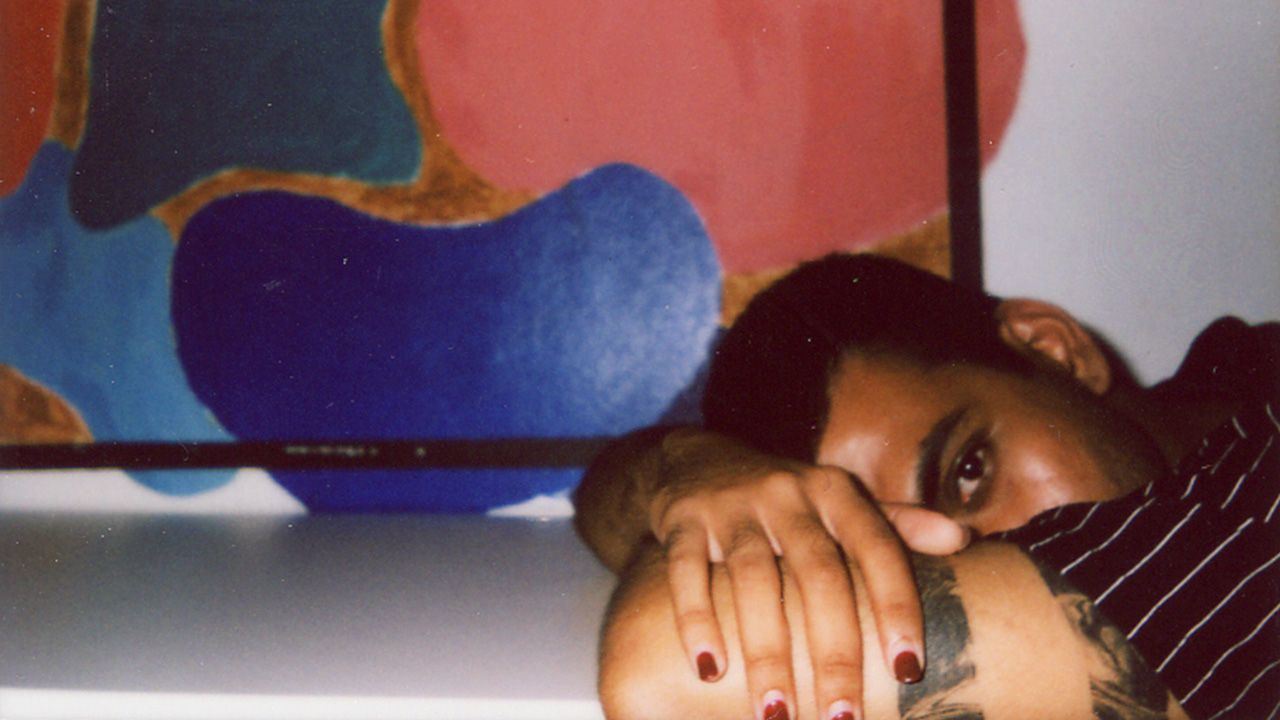Trigger Warning: Suicide
In this piece, I talk about the act of unaliving myself. I’m very clearly skirting around the obvious S-word here because, put simply, I have a bad relationship with it and find it extremely triggering. The same goes for all forms of the words ‘die’ and ‘kill’, albeit to a lesser extent. In any case, please read gently.
I don’t feel at home in my body. I never did.
I struggle with gender dysphoria, which is the distress caused by the mismatch between my biological sex and my personal sense of my gender.
When my dysphoria is at bay, it takes on the form of an unending flurry of intrusive thoughts. A friend reposts an Instagram story, and I click on the story to see who originally posted it. I see their profile picture—a girl wearing a striking red dress.
“Why can’t that be me?” I think to myself. And the thought passes as soon as it comes.
When my dysphoria is peaking, however, the sensation becomes physical. My skin feels tight around my body. I can feel my inner organs being pushed together. I hate it. I can’t stand it.
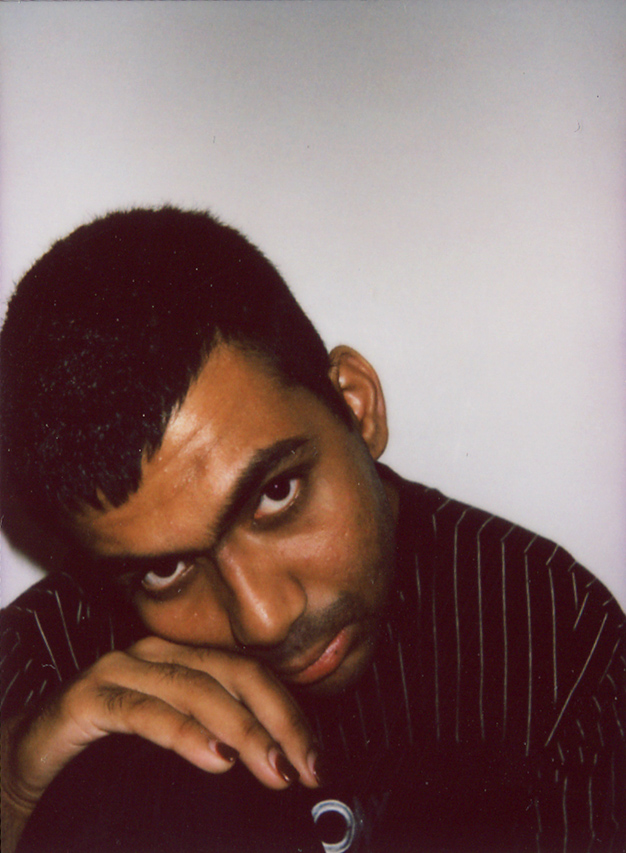
I’m desperate to leave my body because it is not mine.
I have never communicated the fact that I experience gender dysphoria to my family. I haven’t told most of my friends either, although they will definitely not be surprised.
I’m articulating it for the first time here—my experiences with gender dysphoria and how I cope with this often painful affliction.
Words can fail me, so I sometimes turn to pictures. For those who go through what I do, I hope this piece helps you to express certain feelings. For those who don’t, I hope you treat me and anyone else you know who suffers the same kindly.
Part 1: I Yearn To Be Beautiful
I yearn to be beautiful. To be majestic. To be grand. At Indian weddings, women are always dressed in colourful, vivid garments. They wear their shiniest, sparkliest jewellery. They evoke such magnificence and glamour.
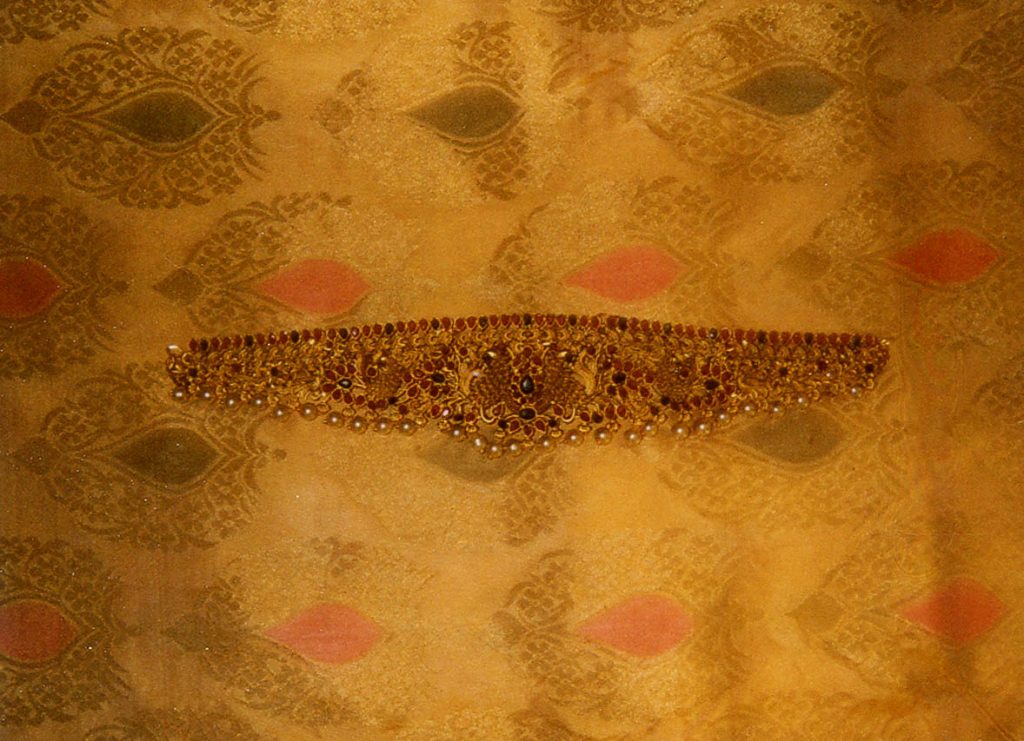
Then there are the men, all wearing the same thing. The same exact thing. The same, exact, boring thing: A veshti (a piece of white cloth wrapped around the lower body) and a shirt.
Where are all the colours? Where is all the sheen? I look at the men around me and think to myself: “I am one of them”.
I don’t want to be one of them. When my dysphoria is triggered, the only thought in my head is, “Get me out of this body”.

Clothing and jewellery are huge triggers for me, but I’ve learnt to deal with these triggers by removing them from the people and/or places I typically associate them with.
Thinking of the items that trigger my dysphoria as mere objects removed from their context allows me to calmly and patiently think about why they unlock my dysphoria without letting it debilitate me.



Dysphoria can be this intense, intangible, insurmountable force. But knowing why it exists, making it logical and understandable, takes away a great deal of its power over me.
Part 2: On My Worst Days
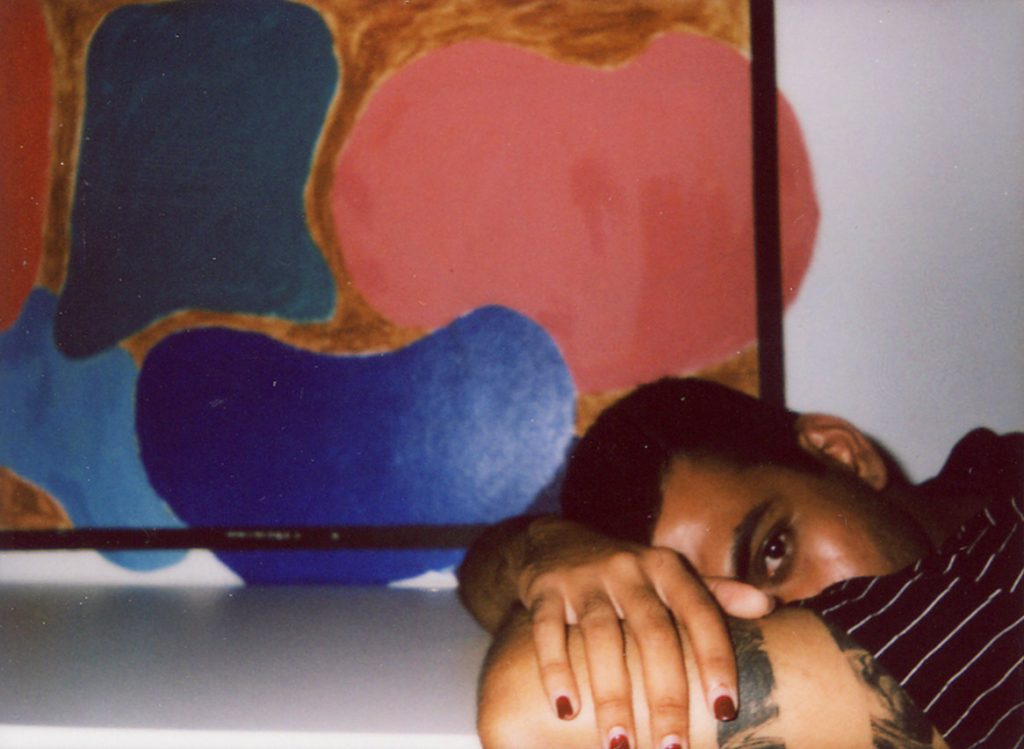
On my worst days, I ruminate endlessly about what I can do to look in the mirror and see a body that isn’t male. Of course, I can transition. But no matter what I do, my body will never be that of a woman.
At best, my body will only be an approximation of a woman’s body, which is, in my view, worse than having the body I have now. To be so close yet so far is a million times more agonising.

I don’t believe in heaven and hell. I don’t believe in an afterlife. I don’t believe in reincarnation. But even I, at my lowest, frequently find myself thinking: “Maybe if I take my own life, I can be born as a woman in the next”.
It’s a frightening situation to find myself in.
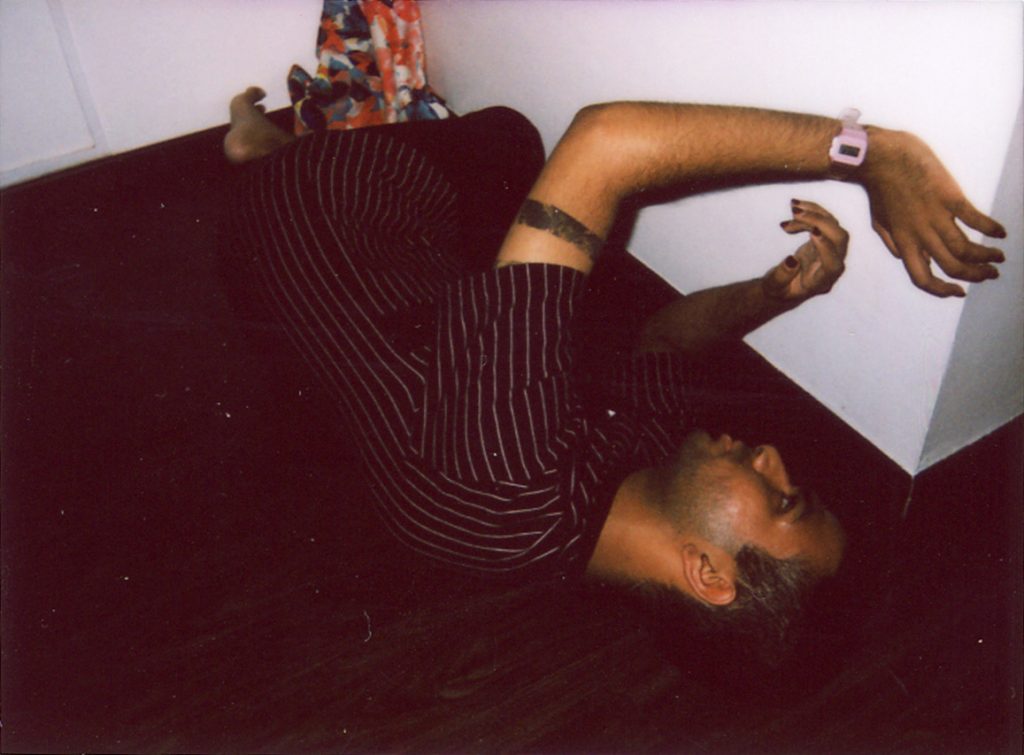
My experience with dysphoria is tightly linked to the concept of stillness. Of immobility.
Truth be told, remaining still, remaining immobile, and sitting with the feeling of dysphoria is one of the healthier coping mechanisms I’ve adopted. It is infinitely less self-destructive than giving myself permanent scars just because doing this ‘feels good’ while staying in my body ‘feels bad’.

Being ‘still’ to me means letting my dysphoric feelings consume me. I let them paralyse me. I let them affect me as badly as they can affect me. I don’t fight; I give in.
It could take minutes, it could take hours, but slowly, surely, I accept them as true and valid, as mentally taxing as it may be. Then, I pull myself out of my dysphoric spiral.
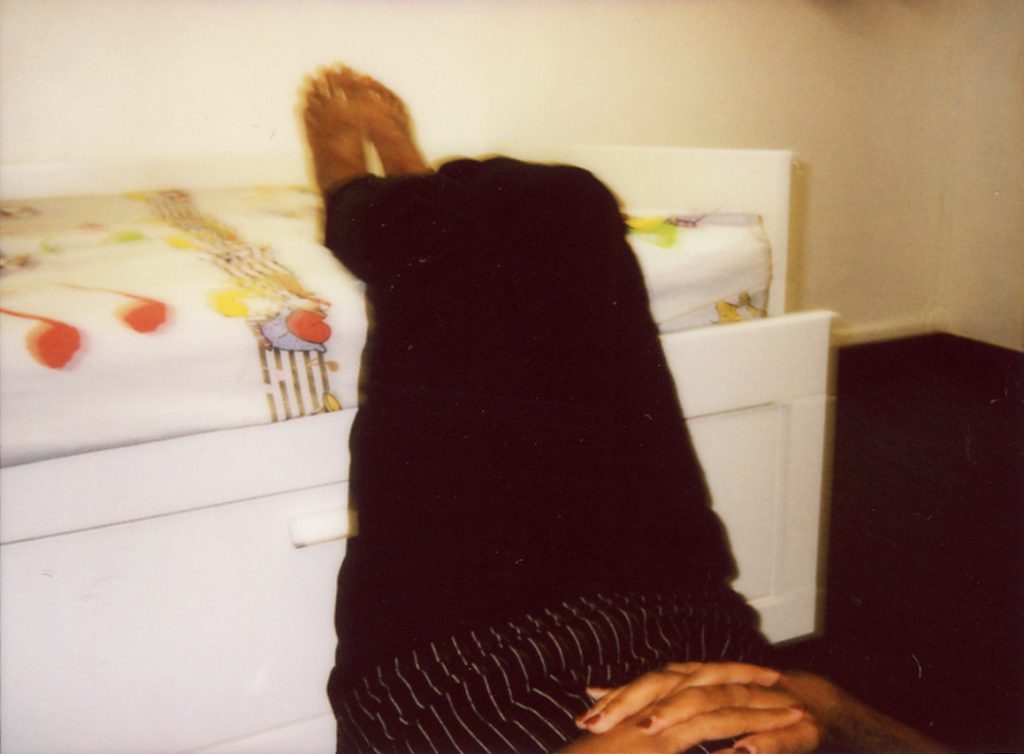
This is a coping mechanism I learnt in therapy called ‘radical acceptance’, which is a fancy term for accepting situations that are out of your control without judging them. Instead of looking at my dysphoric feelings and thinking, “Why is this happening to me?” I choose to think, “Yes, I am experiencing these feelings, but there’s nothing wrong with that”.
I don’t judge my dysphoric feelings and deem them to be ‘bad’; I simply accept them as they are. The pain of dysphoria remains, but the suffering caused by it is greatly reduced.
Part 3: I Dream of Disappearing
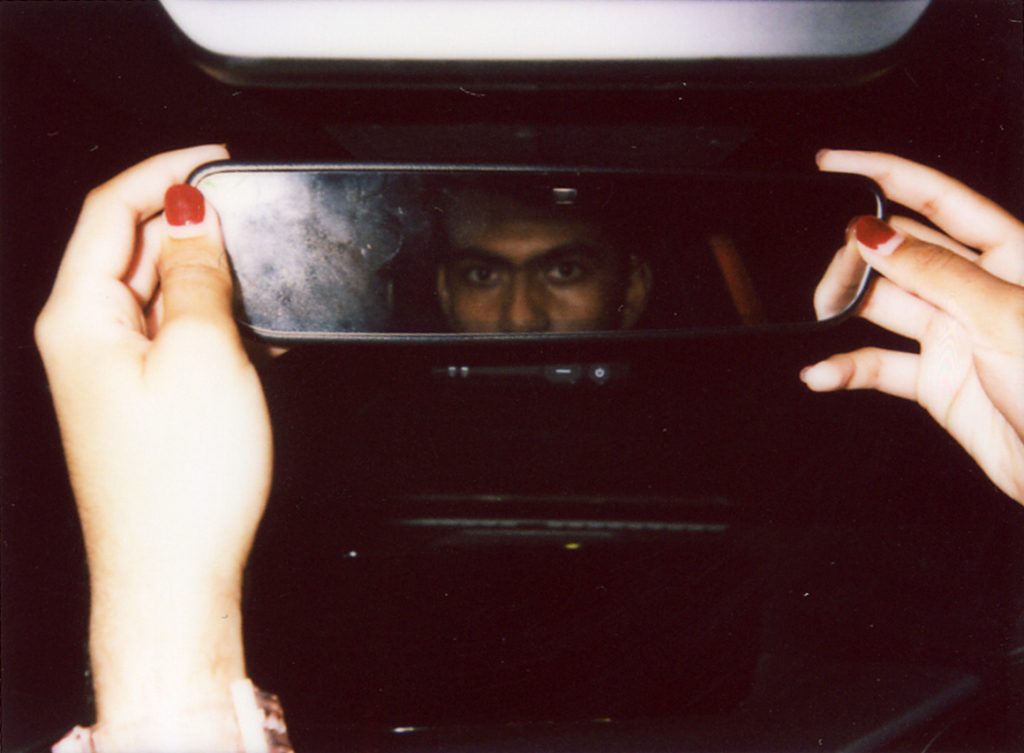
I dream of disappearing one day. It’s a hyperfixation.
This makes sense, coming from someone who sometimes wants to ‘leave his body’ and, other times, wants to ‘unalive himself’.
Both are forms of escaping. Of vanishing. Of disappearing. But the former literally cannot be done, while the latter is an unhealthy desire.
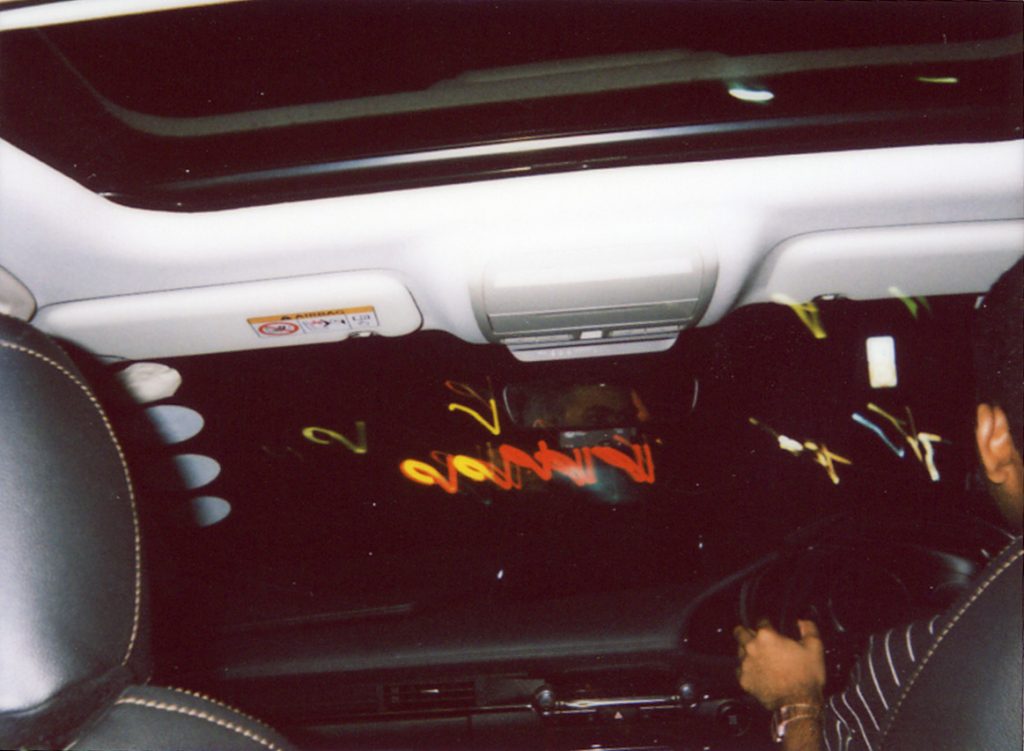
Luckily, I found a form of escapism that works for me: Driving.
Whenever I need an escape, I get in my mum’s car and just drive. I drive based on instinct, based on muscle memory. At nighttime, in the absence of harsh daylight, all I see in the darkness are spots of lights, all moving towards me before disappearing behind. It’s hypnotising. I get lost in it.
Wherever I end up is wherever I need to be. Without realising it, I find myself at Marina Barrage, or Marina South Pier, or the open-air car park behind the Potong Pasir temple, or Toa Payoh, or the McDonald’s at East Coast Park, or City Square Mall, or wherever else my body takes me.



I can get into ‘the zone’ when I’m driving. The low rumble of the tyres on the road, the low rumble of the engine, the song playing through the speakers. Together, these sounds put me in a trance. The road ahead, the sight of it, puts me in a trance.
I can feel an unfamiliar sense of serenity wash all over me, and it feels so damn good. For someone who is always anxious, always fidgety, and always heightened, to not feel that way for any period of time—it’s true bliss.
When I’m driving, I feel free.
I know that many other people are going through the same thing as me. But as with any disorder—or more broadly, experience—that emotionally isolates you, it doesn’t matter that tons and tons of other people are facing the same things as I do.
I still feel alone.

Some will ask why I don’t reach out. To me, there is no point in talking to friends and family about my dysphoria because the discussion can only go in one of two ways:
1. We end up talking in circles about what it means to be a man and what it means to be a woman and what is the meaning of masculinity and what is the meaning of femininity and the fact that gender is a social construct and traditional gender roles and the patriarchy and feminism and CAPITALISM and SOCIETY.
2. We end up talking about a completely unrelated topic: My sexual orientation!
The latter is, in my opinion, a ramification of poor gender and sexuality education, as well as limited representation of non-cisgender, non-heterosexual people in the media.
Another consequence is a lack of knowledge when it comes to gender- and sexuality-related issues, thereby resulting in very necessary support—emotional and medical—not being available to those who struggle with them.
Perhaps these problems are particular to Singapore because of the laws that govern us; perhaps it is universal. I don’t know. I can only postulate.

I’m constantly finding new things that trigger my dysphoria. About two weeks ago, I learnt that when someone treats me harshly—even by a little—my brain translates it to, “They’re only treating me harshly because I’m a man. If I were a woman, I wouldn’t be treated this way”. A statement with so much to unpack that it’s immediately overwhelming.
Ultimately, I will never be able to fully understand my dysphoria. I will never be able to make sense of it fully. It will always be a mystery, no matter how much I learn about it.
And there’s nothing wrong with that.


